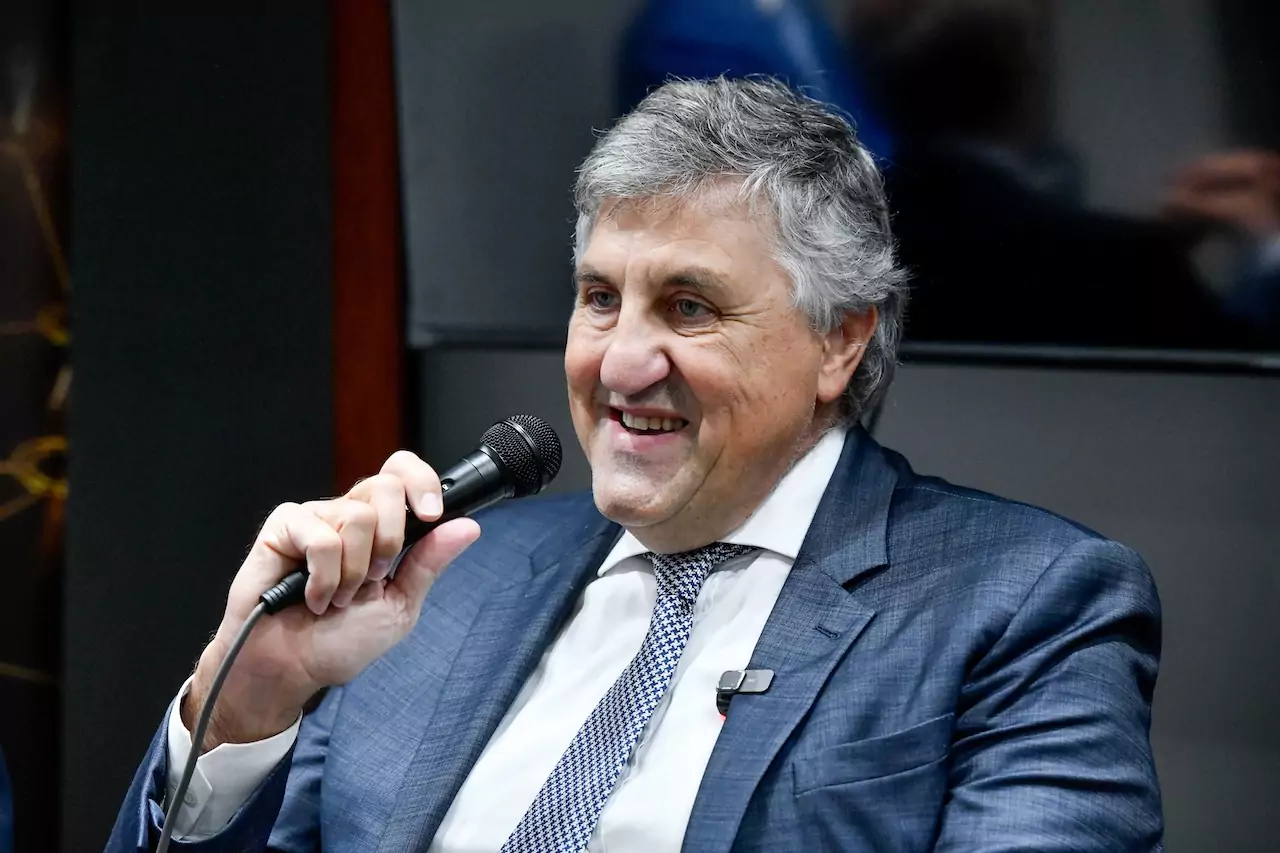Newcleo’s move is a strategic one: after the UK phase of raising some €135 million in Series A capital, it has announced the relocation of its headquarters from London to Paris to further facilitate investment by French and European players (institutions and institutional investors).
To date, Newcleo has raised around EUR 535 million from both institutional and individual investors. A strategy that sees a favourable time for the nuclear sector, given also by the recent appointment of the European Energy Commissioner, who received a specific mandate to accelerate the development of small modular reactors (SMRs).
The relocation of the headquarters does not seem to entail the relocation of personnel either: Newcleo has stated that it will operate ‘ensuring business continuity while the company carries on its mission’.
Stefano Buono, Founder, CEO and Chairman of Newcleo (pictured), comments: ‘Moving our headquarters to Paris is a strategic milestone in accelerating our mission to deliver the next generation of sustainable nuclear energy. We are now in a better position to deepen our European partnerships and tap into the financial resources of institutional and industrial investors. This move is in line with our commitment to have a global impact by closing the nuclear fuel cycle and providing a clean, safe and reliable source of energy.”
On the challenge of nuclear power in the context of the Green Deal, Agenda 2030 and European Taxonomy, we at StartupBusiness have contributed several reports on the energy mix for our readers over the years. Therefore, for more on the issues of waste, safety, pollution and cost, please also read the articles by Armaroli and Tartaglia.
The energy problem in an increasingly sensitive geopolitical scenario is still a highly complex issue. Indeed, energy costs also depend on it. Precisely on these issues, during one of the events entitled ‘Innovation and Nuclear Energy’, an event organised by Stefano Ronchi of Valore and attended by several start-ups interviewed by Francesco Vecchi, Buono had already been clear: ‘at the time, to develop nuclear energy, I realised that it could only be done by founding a private company: governments are looking at initially cheaper and more programmable energies’. And, according to Newcleo’s CEO, to date ‘with nuclear power we know every gram of waste we produce’.
It was precisely on the subject of costs and price competitiveness that Umberto Quadrino, former CEO of Edison and now chairman of Tages Holding – a banking group that controls Credito Fondiario SpA, Tages Capital SGR and Tages Capital LLP – had spoken out on that occasion: ‘today’s market prices for renewables are much lower’ but, he had continued, ‘renewables and nuclear are absolutely complementary’. Quadrino had then stressed that ‘in the next ten years in Italy, until Stefano’s nuclear power arrives, we will stay with renewables’. Nuclear power, which, according to Buono, will have a very competitive cost: ‘we won’t need state support, because once we have nuclear power plants in three years, with a fixed cost of 55 euros per megawatt, private equity will come in immediately’, a cost that only concerns the production of electricity. Therefore, the debate on different energy sources, even then, was clear: governments will continue to invest in renewables, but the contribution of non-intermittent sources such as nuclear cannot be excluded from the issue, let alone left out of a government’s energy strategies.
Now, with Newcleo’s decision to relocate, Italy will most likely not be the first to experience Buono’s plants, yet it is evident how the strategy aims to grow the company’s presence in Europe. With an international footprint, Newcleo has over 90 partnerships and more than 850 employees in 19 locations in France, Italy, the UK, Switzerland and Slovakia, with a total of three production plants.
After the USA and China, by 2023 France is the third largest country in the world in electricity production from nuclear energy compared to other sources, with a 64.8% share. And while some countries in recent years have announced policies to phase-out (abandon) and dismantle their nuclear power plants, others, like France, have started work on building new ones, or are approving projects to do so: at the end of 2023, French President Emmanuel Macron decided to launch a long-term revitalisation plan for the sector worth EUR 48 billion and envisaging the construction of six new reactors by 2045. Not to mention investments for SMRs, the new generation mini-reactors and the ambitious iter plan for nuclear fusion.
Newcleo’s choice intersects precisely on favourable ground. Indeed, its future plans include the development of a precursor reactor in Italy by 2026, the creation of a MOX production plant by 2030 and the construction of a prototype reactor by 2031 in France itself, and, finally, the delivery of commercial reactors from 2033 onwards.
ALL RIGHTS RESERVED ©
